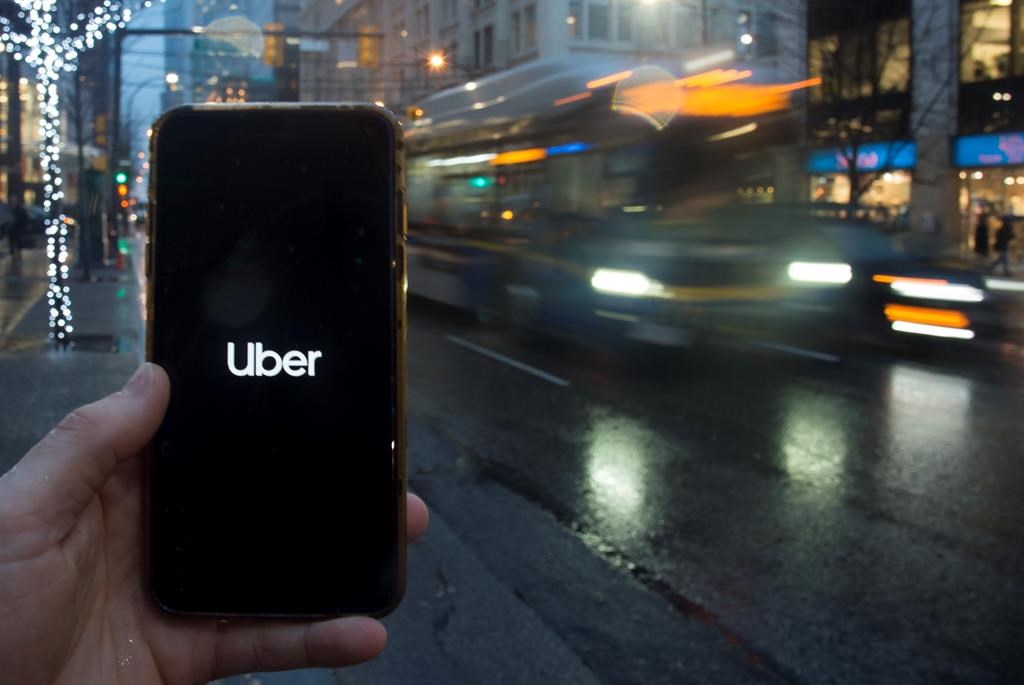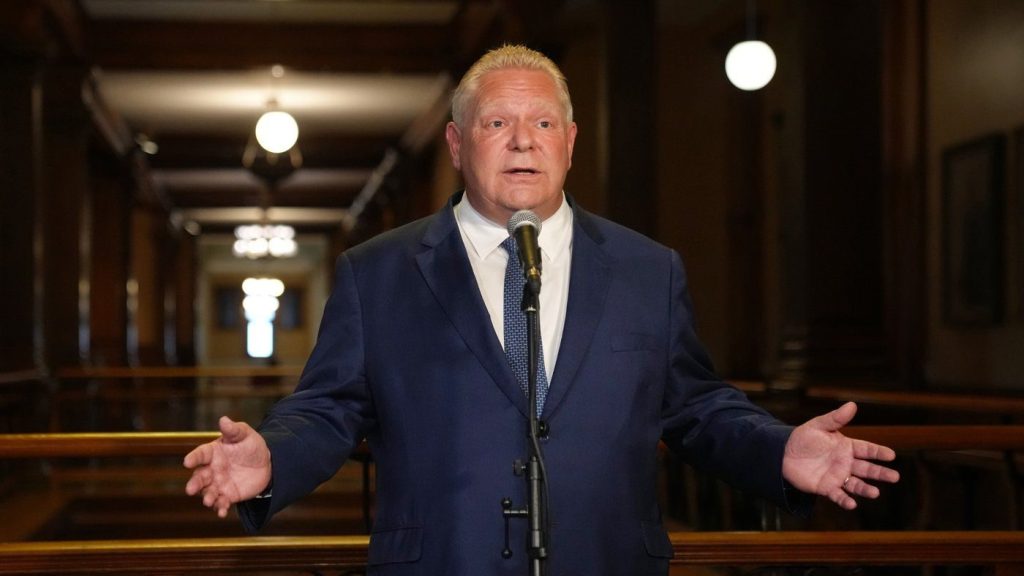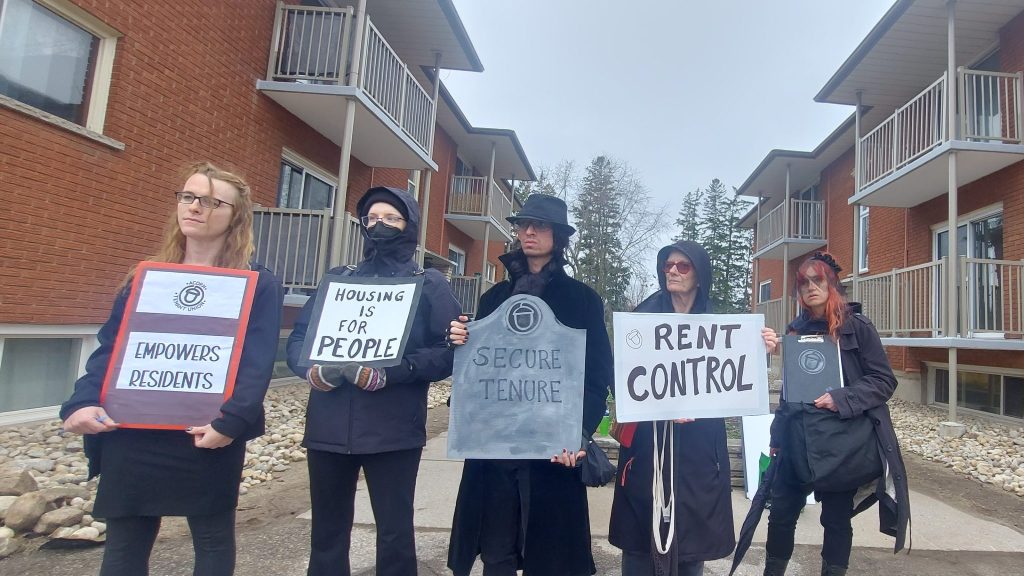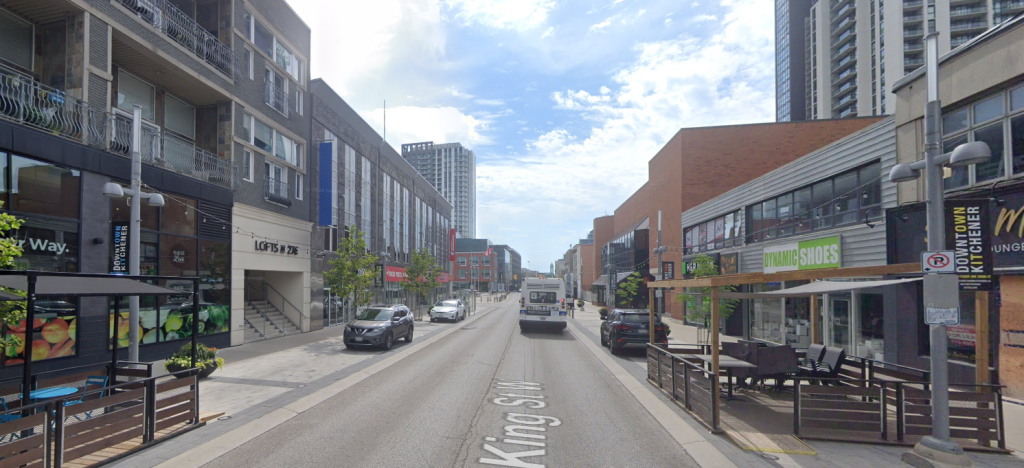Uber Canada rolls out changes for drivers, couriers two years after deal with union

Posted Jan 26, 2024 11:00:00 AM.
Last Updated Jan 26, 2024 01:40:14 PM.
TORONTO — Uber Canada is making several changes aimed at offering drivers and couriers more transparency about their earnings and better protection when they’re on the road.
The changes include a pilot rolling out later this year that will provide B.C. and Ontario drivers with more information, including the estimated fare and expected destination, before they accept a trip.
The company is also aiming to protect drivers across the country by identifying consumers who falsely report incidents or poorly rate drivers based on traits beyond their control — mechanical issues or bad passenger behaviour — and ensuring those reviews and allegations are not considered in drivers’ ratings or account deactivations.
Further measures will see drivers in a pilot program granted the choice to record video of trips using their smartphone’s front-facing camera rather than just their dash cams and riders in another trial receive reminders through the app to buckle their seatbelts at the start of a trip.
Brice Sopher, vice-president of Canadian couriers and drivers group Gig Workers United, said those earning money through the platform have qualms about some of the measures. They consider the changes “window dressing” meant to detract from how difficult it has become for workers to make money on the platform.
Couriers like Sopher, for example, got upfront fare and destination info before drivers and noticed their earnings dropping as soon as it was rolled out.
“It’s harder than ever to earn a living wage,” he said. “A lot of workers have or are leaving this industry because they’re unable to earn enough to live.”
The changes are the product of feedback Uber collected through a January 2022 agreement with private sector union United Food and Commercial Workers Canada.
The partnership did not unionize the workers but allowed the union to provide representation to Canadian drivers and couriers if requested by the workers when facing account deactivations or other disputes with Uber.
Two years into the agreement, UFCW Canada has filed cases with Uber on behalf of 1,908 workers who have faced deactivation or other issues with their accounts.
Over that time period, the union helped 310 workers regain access to Uber’s platform and resolved 147 account-related issues, like instances when drivers thought they qualified for an incentive but didn’t or had trouble accessing the airport for trips or uploading documents to the app.
But many Uber drivers and couriers are still unaware of the agreement. A December survey the company conducted in conjunction with Pollara Strategic Insights found 52 per cent of 2,010 drivers and couriers were aware of the agreement, without being provided additional information about the arrangement.
Once given information about the deal, 82 per cent of all Uber earners approved of it.
When the agreement was first signed, it had several critics, including drivers, couriers and gig economy experts. Some felt drivers and couriers weren’t consulted enough before the deal was made.
Others felt the agreement was a way to placate UFCW Canada, which had complained in the past about couriers and drivers not being eligible for workers’ compensation and other protections. The union also criticized Uber, saying drivers on the platform often spent more than 100 hours logged onto the app awaiting work weekly, leaving them paid well below minimum wage.
Uber drivers and couriers are considered by the company to be independent contractors because they can choose when, where and how often they work, but in exchange, they have no job security, vacation pay or other benefits.
Uber and UFCW Canada have now banded together to push governments to adopt legislation for app-based workers, which would entitle them to at least 120 per cent of minimum wage during “engaged time” — time spent driving or delivering orders that excludes periods when workers are logged in and ready to accept work but not ferrying people or food around.
“Half the time that workers spend out there is just waiting and would not be counted under this engaged time,” Sopher said.
“So basically workers would only be paid 50 per cent for the work that they actually do.”
Uber and UFCW Canada say workers who complete an average of at least 20 hours of engaged time per week should get access to a benefits fund that follows them across their work on multiple platforms. The more hours, the more benefits these workers should receive, Uber and UFCW Canada say.
To round out the legislative push, they are suggesting governments require app-based workers be entitled to occupational accident coverage that covers injuries sustained during engaged time and be able to join a union, which can engage in collective bargaining.
When Pollara and Uber showed Uber workers a detailed list of these demands, 79 per cent agreed with the slate, six per cent opposed it and 14 per cent were unsure.
This report by The Canadian Press was first published Jan. 26, 2024.
Tara Deschamps, The Canadian Press








